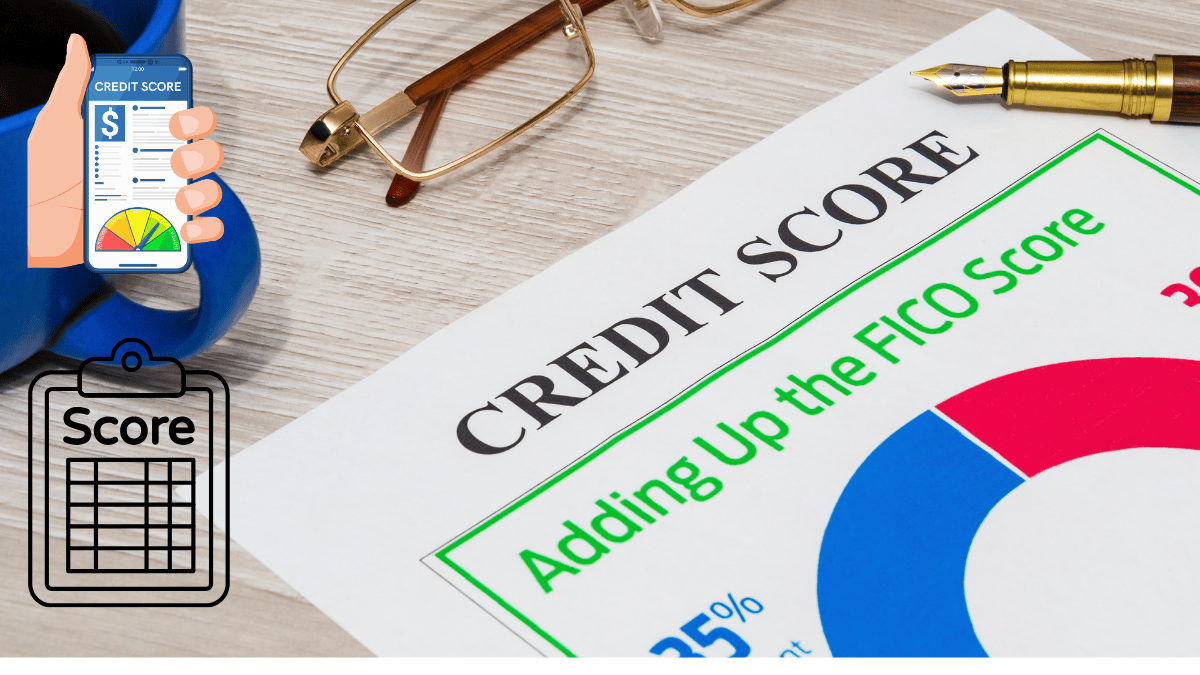Your CIBIL score is more than just a number – it’s a snapshot of your creditworthiness that can determine your financial future. Whether you’re applying for a personal loan, a home loan, or even a credit card, banks and financial institutions look at your CIBIL score before making a decision.
What is a CIBIL Score?
A CIBIL score is a 3-digit numeric summary of your credit history and ranges from 300 to 900. The score is generated by TransUnion CIBIL, one of the four credit bureaus in India, and it reflects how reliably you’ve repaid your loans or credit card dues.
A score closer to 900 indicates strong credit health and increases your chances of getting credit approvals at better interest rates.
Details Required to Check Your CIBIL Score
To check your CIBIL score online, you need:
Full Name (as per PAN)
Date of Birth
PAN Card Number
Email ID and Mobile Number
Proof of Identity (for verification, if needed)
You can visit www.cibil.com to check your score. The first basic report is usually free once a year.
How to Read a CIBIL Report
A CIBIL report includes the following key sections:
1. Credit Score: The main number (300–900)
2. Personal Information: Name, DOB, PAN, gender
3. Contact Information: Current and past addresses, email, phone
4. Employment Details: Income and job profile as reported
5. Account Information:
Loan and credit card accounts
Payment history
Outstanding balances
DPD (Days Past Due)
6. Enquiry Information: List of lenders who accessed your credit report recently
💡 A score of 750+ is considered excellent.
How Banks and FIs Report Loan Details to CIBIL
Banks and NBFCs send monthly reports to CIBIL.
These reports include:
Loan type and amount
EMI repayment status
Overdue accounts
Credit card usage and payment behavior
Defaults, settlements, and write-offs
All these data points get added to your credit history and directly affect your CIBIL score.
What Factors Can Affect Your CIBIL Score?
Your CIBIL score can go up or down based on changes in your credit profile. Some important factors include:
✅ Positive Impacts:
Timely EMI/Credit Card payments
Low credit utilization ratio (below 30%)
Long credit history with good behavior
A balanced mix of secured and unsecured loans
❌ Negative Impacts:
Missing or delaying EMIs
High credit card utilization (above 50%)
Settling a loan instead of paying in full
Too many loan applications or inquiries in a short period
Defaults or write-offs
Tips to Improve and Maintain a Good CIBIL Score
🔹 Pay EMIs & Credit Card Bills on Time
🔹 Limit Your Credit Utilization (Keep it under 30% of the limit)
🔹 Avoid Multiple Loan Applications in a short period
🔹 Maintain a Mix of Credit (e.g., home loan + credit card)
🔹 Regularly Check Your Credit Report for errors
🔹 Don’t Settle Loans – Always try to pay them in full
Conclusion
Your CIBIL score is your financial reputation. A good score gives you easier access to loans, faster approvals, and better interest rates. Managing your credit responsibly and staying informed can keep your score healthy and your finances strong.

Leave a Reply